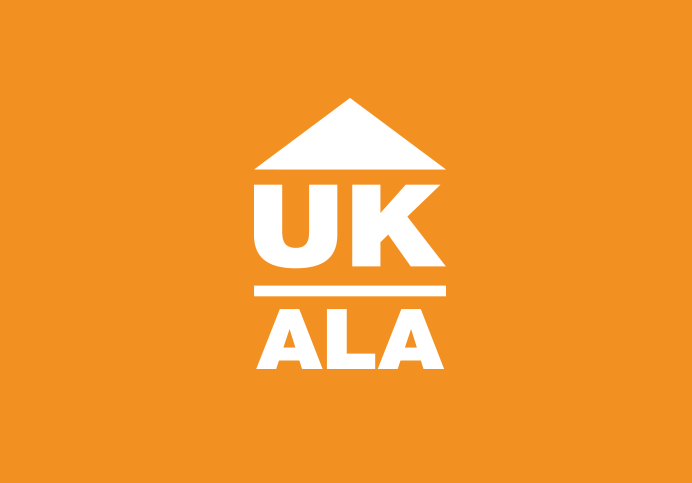
Alternatives to Possession for rent arrears
If rent is not paid the landlord is able to take action to obtain possession of the property through the courts, or to use a number of other legal remedies to obtain settlement of the debt. Obviously, it is in the landlord’s interest to obtain payment of rent rather than possession of the property and, therefore, comprehensive procedures can be developed to not only remind the tenant when rent is due, but to encourage payment and to provide as many payment options and arrangements as possible.
If rent is not paid the landlord is able to take action to obtain possession of the property through the courts, or to use a number of other legal remedies to obtain settlement of the debt. Obviously, it is in the landlord’s interest to obtain payment of rent rather than possession of the property and, therefore, comprehensive procedures can be developed to not only remind the tenant when rent is due, but to encourage payment and to provide as many payment options and arrangements as possible.
Possession proceedings are potentially costly and the landlord may want to look first at other forms of recovery. However, this does not mean that possession proceedings should be delayed whilst other options are explored.
Main options available to a landlord other than possession proceedings
Non-court related options
Arrears may be pursued by letters, phone calls or visits. Although a certain amount of chasing is acceptable, a landlord should not do anything which can be construed as harassment.
There is a ‘pre-action protocol’ in existence for claims for possession based on rent arrears which is now part of the court rules. The protocol is only legally binding on social landlords. However it sets out procedures and good practice which private landlords might also follow in identifying rent arrears and steps that can be taken to arrange repayment with the tenant.
Court related options
The landlord can bring a claim in the small claims court for a county court judgment (often referred to as a CCJ) for the arrears.
If the landlord brings a court claim and it is contested by the tenant the landlord will normally need to complete a long form (called an allocation form) so the case will be assigned to the appropriate court procedure. Claims with a value of less than £5,000 will be assigned to the ‘small claims track’. When assigning the claim the judge will consider this form, make ‘directions’ for the future conduct of the case and (for most small claims) set it down for a hearing.
A county court judgement is often of limited value – if the tenant is genuinely unable to pay rent they will also be unable to pay a judgment debt. However, many tenants will make a greater effort to pay if they think the landlord is going to apply for a CCJ as the registration of a CCJ against their name will affect their credit rating.
Once the county court judgement is in place there are various methods of enforcing this through the courts if the tenant fails to pay voluntarily.
Common enforcement methods for court judgements
Enforcement via the county court bailiffs
The bailiff will go to the property and remove the defendants possessions, eventually (if they do not settle the debt) to sell at auction.
A landlord can also transfer a case where there is a judgement for over £600 up to the High Court for enforcement by the High Court Sheriffs. They are considered to be more efficient than the county court bailiffs, but the landlord will need the help of a solicitor to do this.
Third Party Payment Orders
If the tenant is owed money by somebody else a Third Party Payment Order will require that person to pay it to the landlord, rather than to the defendant. (This procedure is most commonly used against banks when the defendant has an account in credit.) The problem is that many tenants with rent arrears will be overdrawn at the bank.
Attachment of Earnings Orders
This can only be used if the defendant has a job (i.e. not if he is self employed).
The court will order the employer to pay part of the defendants salary to the landlord on a monthly basis until the debt is settled.